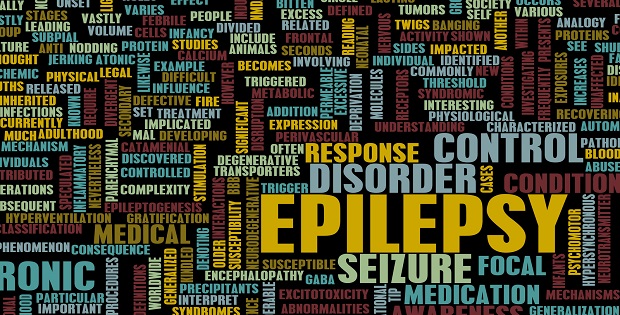Seizure Types

Commonly Used Names for Seizure Types
According to Epilepsy.com, seizures are generally described in two major groups of seizures, generalized seizures and partial seizures. The difference between these types is in how and where they begin. A new way of naming seizures has been developed by epilepsy specialists, but most often these common names are still used.
Generalized seizures
Generalized seizures begin with a widespread electrical discharge that affect both sides of the brain at once.
According to the CDC, under generalized seizures are:
- Absence seizures, sometimes called petit mal seizures, can cause rapid blinking or a few seconds of staring into space.
- Tonic-clonic seizures, also called grand mal seizures, can make a person:
- Cry out
- Fall to the ground
- Lose consciousness
- Have muscle spasms or jerking
The person may feel tired after a tonic-clonic seizure.
Focal or Partial seizures
Focal or Partial seizures affect just one area of the brain. Partial seizures begin with an electrical discharge in one limited area of the brain. Partial seizures can be broken down further, depending on whether a person’s awareness or consciousness (the ability to respond and remember) is affected.
According to CDC, under Focal or Partial seizures are
- Simple focal seizures affect a small part of the brain. This type of seizure may cause change in sensation such as smell and taste, as well as twitching occurring
- Complex focal seizures can make a person with epilepsy confused or dazed. The person will be unable to respond to directions or questions for several minutes
- Secondary generalized seizures begin in one part of the brain but then spread to both sides of the brain. Where the person first has a focal seizure and then a generalized seizure
In closing, remember to share this post on social media and read more related articles.
Sources:
CDC: http://www.cdc.gov/epilepsy/basics/types-of-seizures.htm
Epilepsy. com: http://www.epilepsy.com/learn/types-seizures










